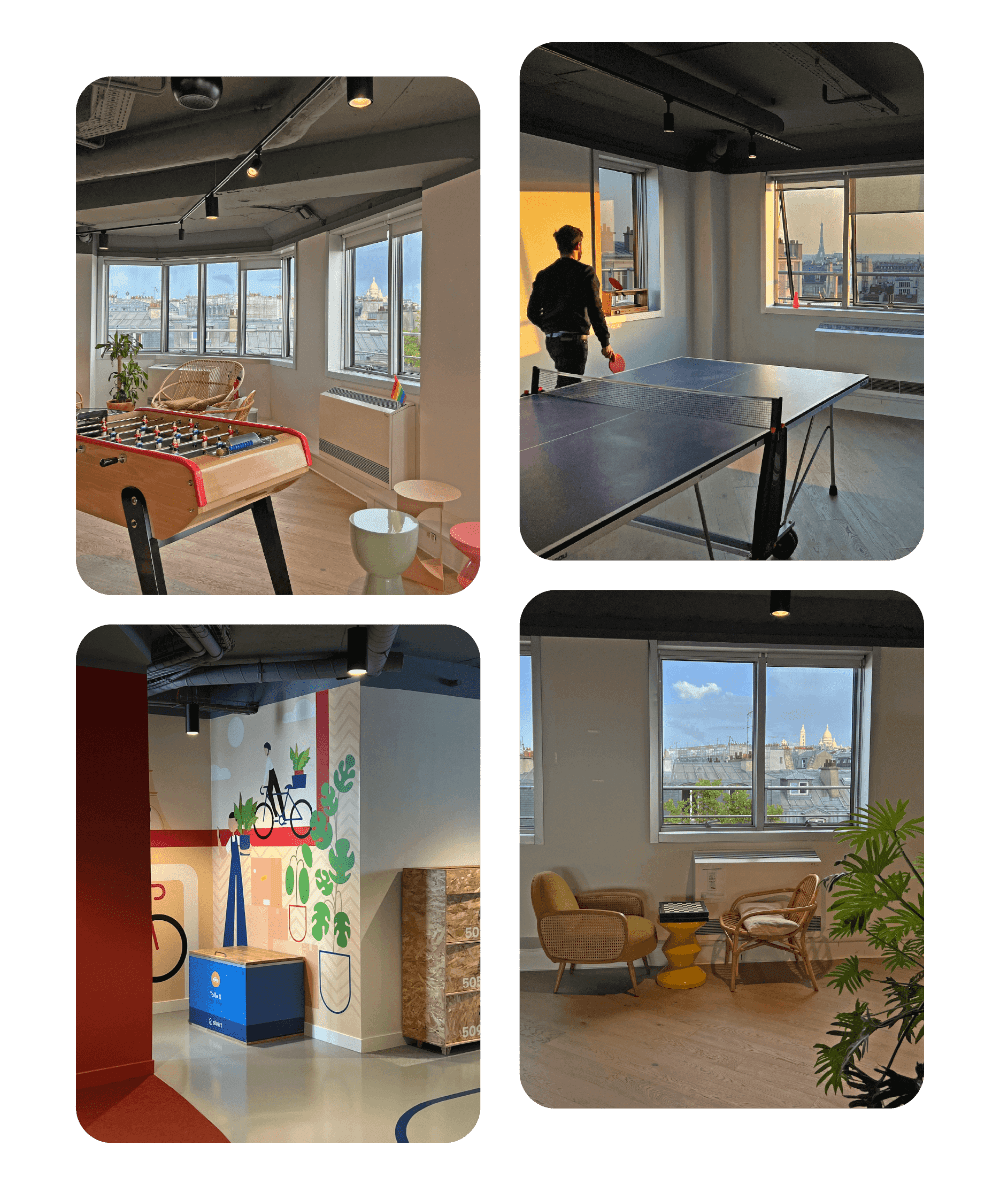Are you a restaurant owner? Learn how to offer delivery while saving money when you download our food guide.
Life at Stuart.
Browse by Category
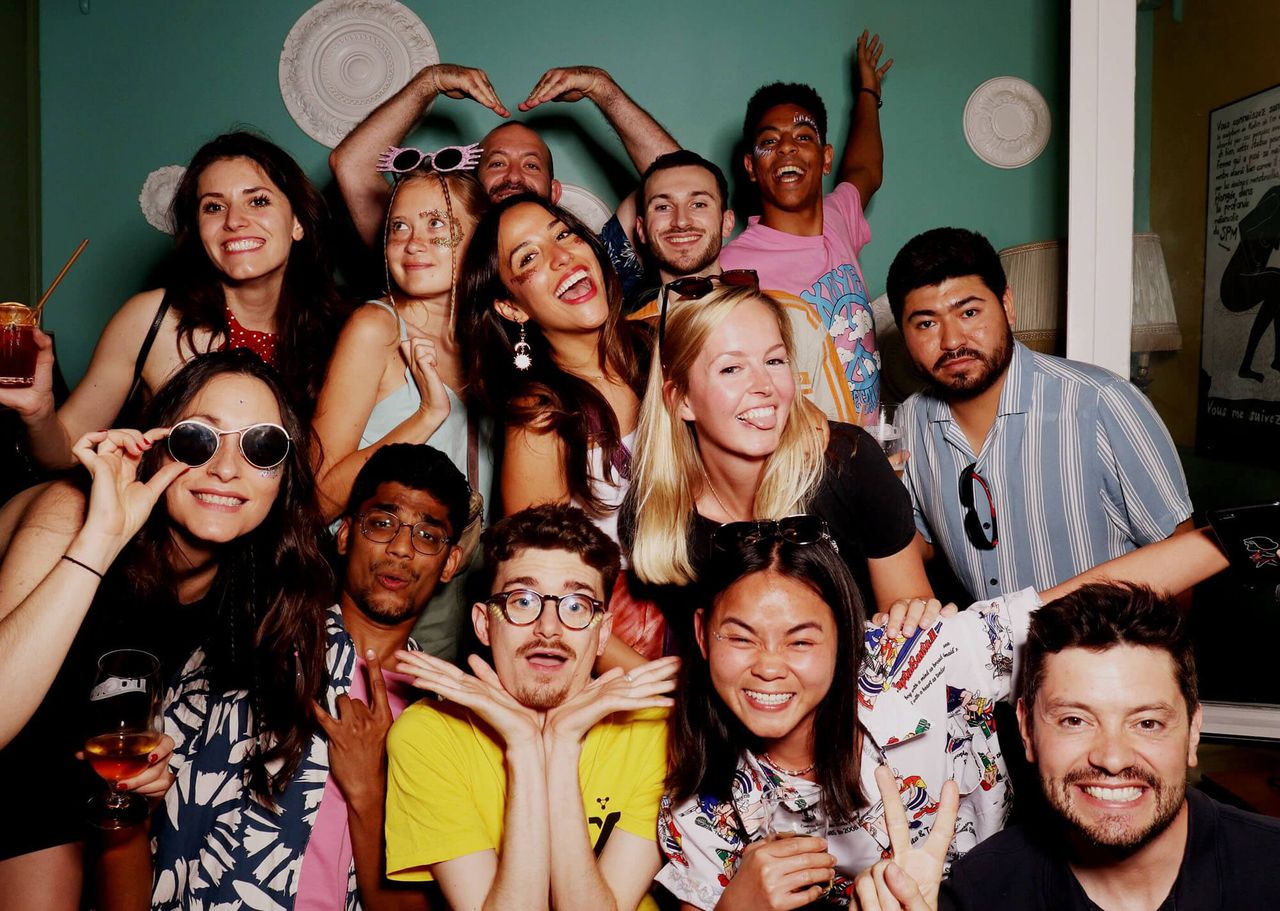
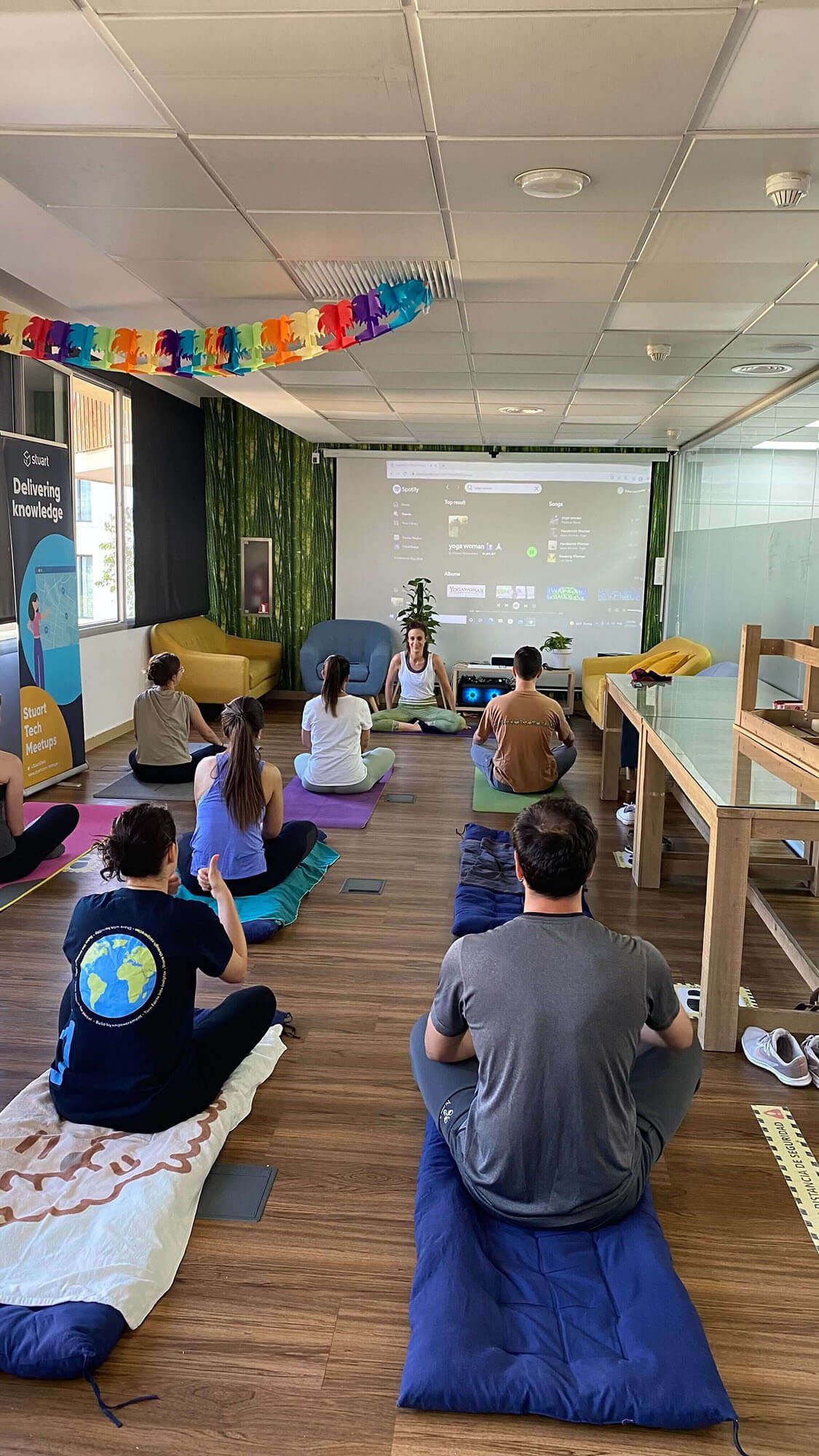
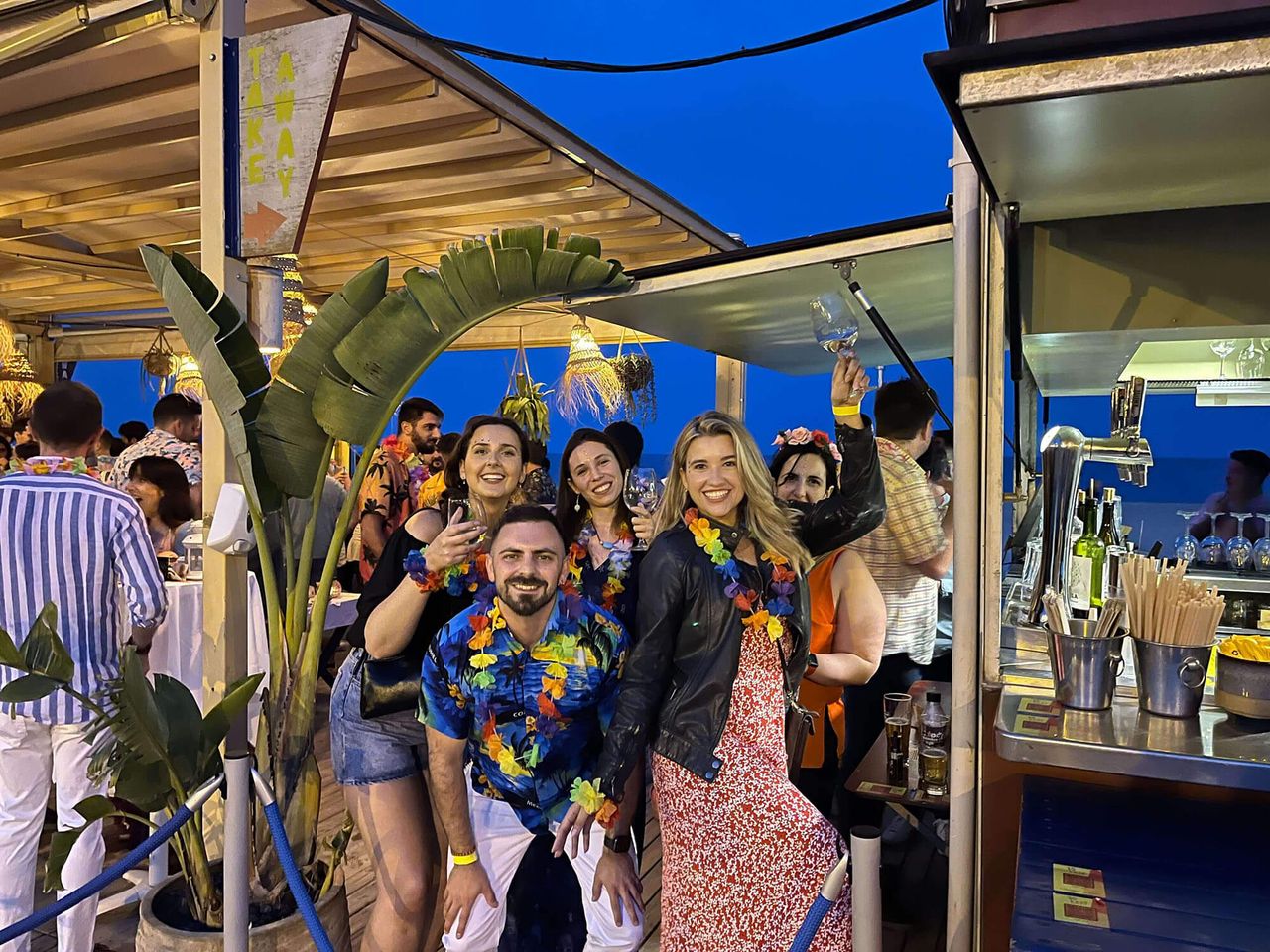
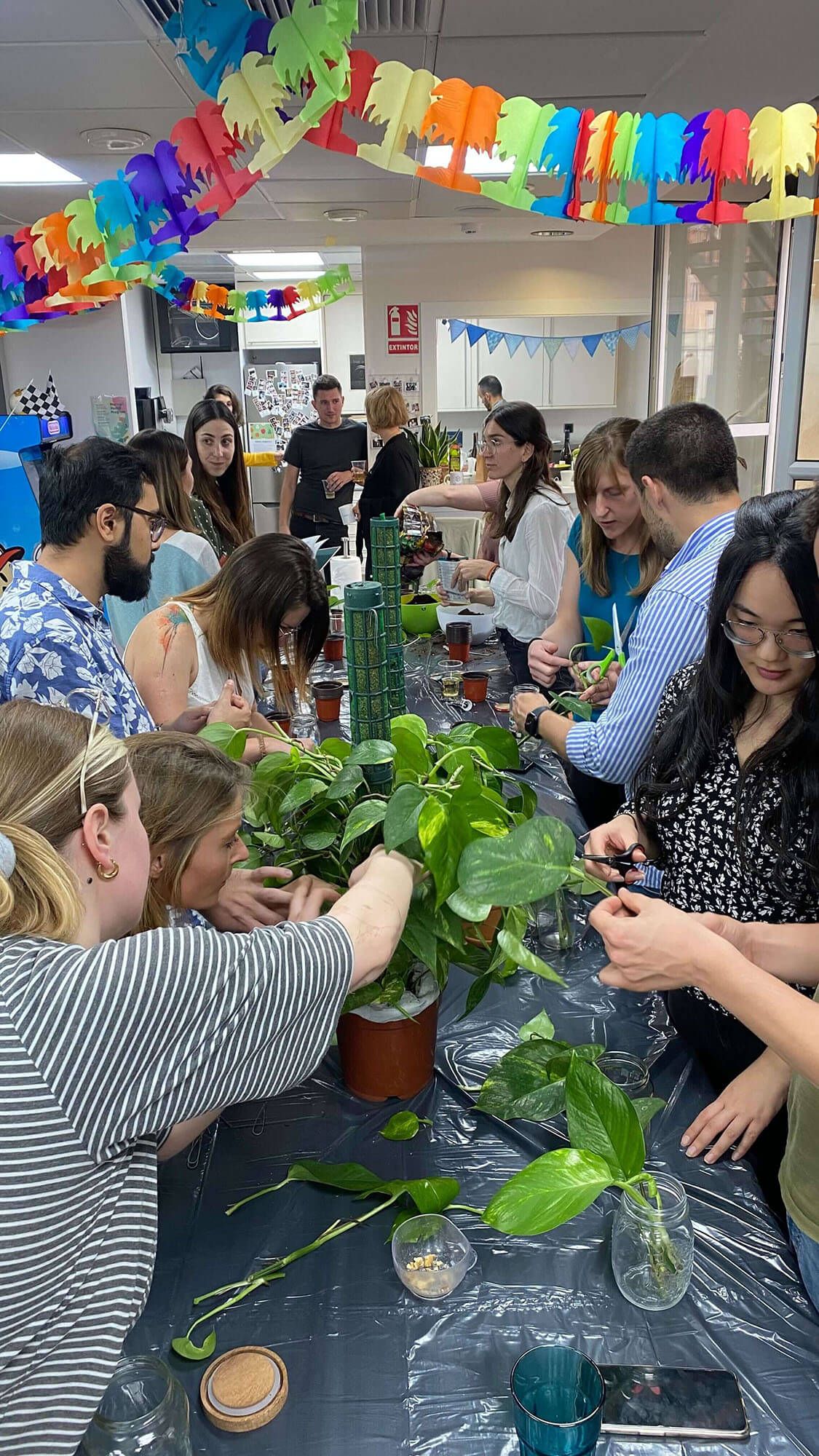
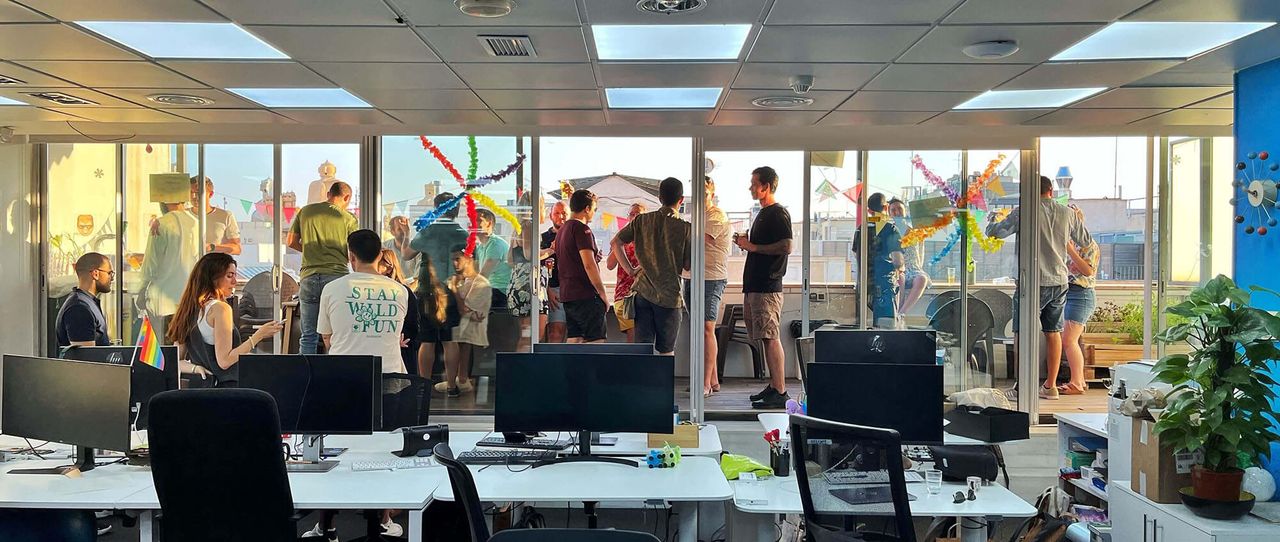
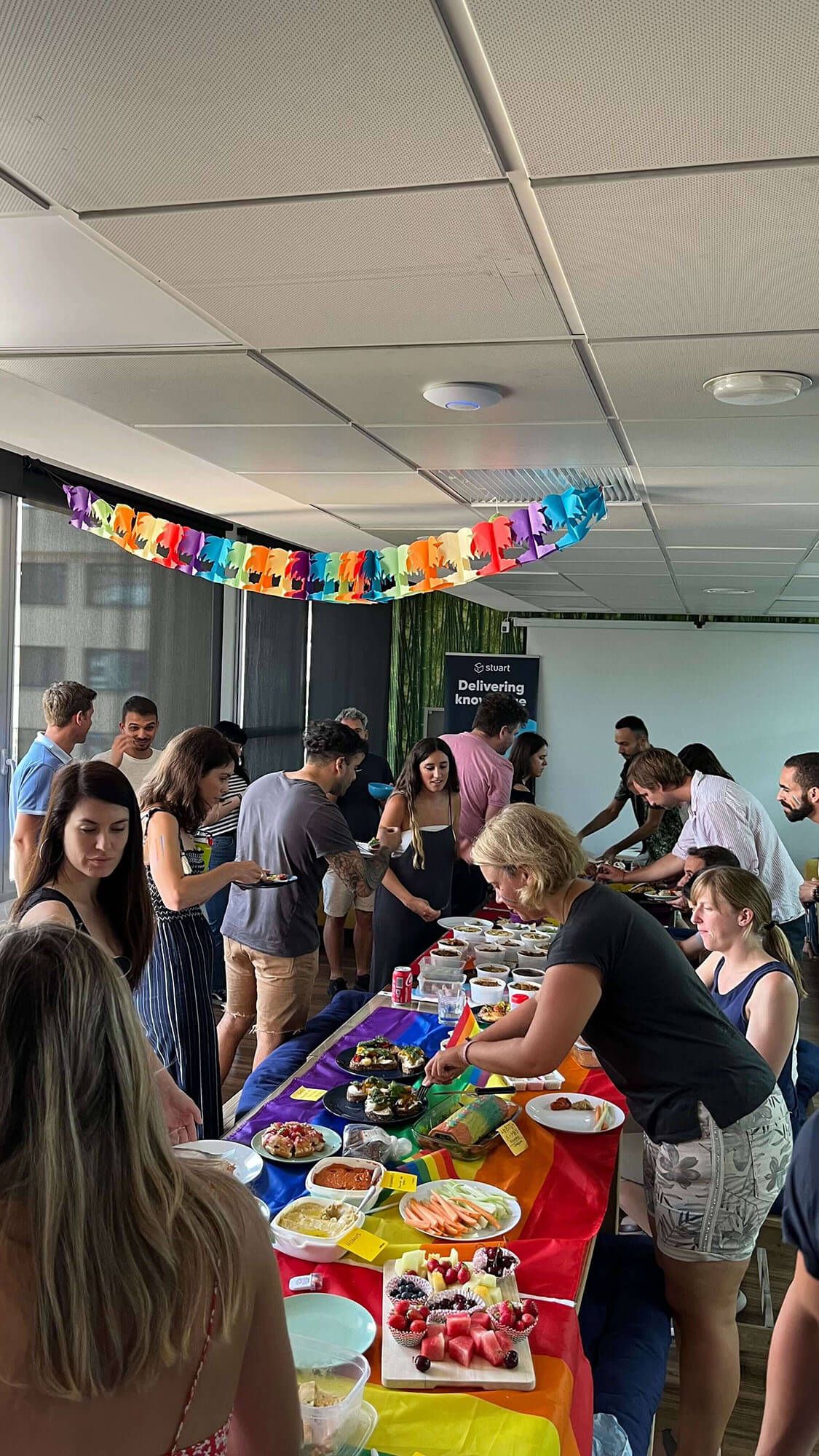
Why Stuart?

Impact
We believe in empowering Stuwies at all levels so they can become the best versions of themselves and imagine innovative solutions. Everyone has a voice & is entrusted to lead projects with autonomy.

Community
We pride ourselves on having a healthy & kind work environment. Building a strong social cohesion, cultivating kindness and humility, and supporting each other are crucial pillars within our culture

Growth
We offer a comprehensive upskilling program for our Stuwies so they can unlock their full potential, improve their technical skills as well as their managerial capabilities & many other soft skills.

Wellbeing
We promote a healthy lifestyle, a healthy mind, work-life balance & flexible work options, and a range of programs in and through the workplace to support our Stuwies’ physical and mental wellbeing.
Discover inspiring Stuart’s employee stories
Nick's story
Take a look at this interview to see how Nick, the Senior Data Product Manager at Stuart, connects business and technology efforts to create innovative solutions following #ShareThroughCooperation value!
Maud's story
Wondering what it’s like to become a People Manager?
Listen to Maud, our Analytics Engineering Manager, in her interview and be inspired by our female leader in the analytics space. We #BuildWithEmpowerment!
Sally's story
Wondering what Sally, our Senior Product Designer, loves most about DEI initiatives at Stuart? Spoiler alert: You will be inspired on how she #ThinksOutsideTheParcel.
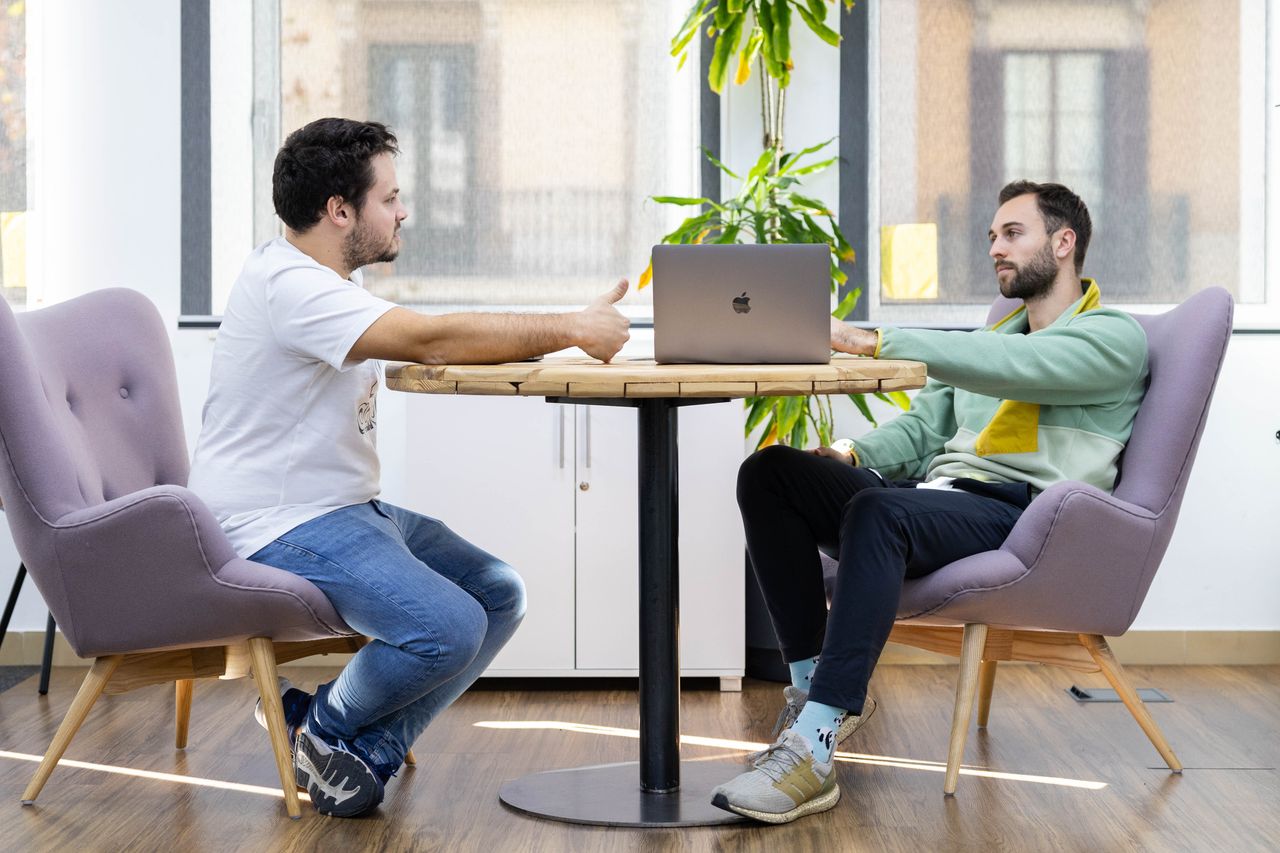

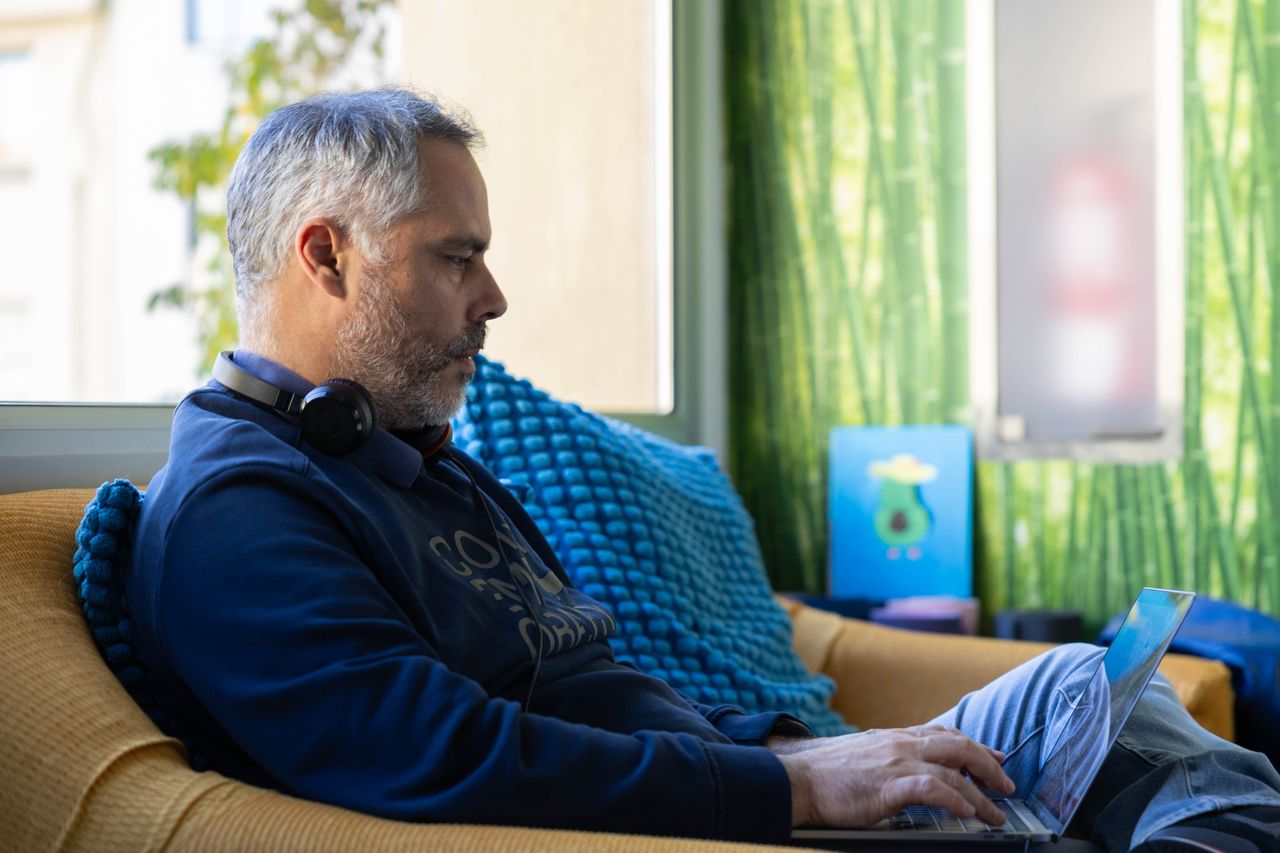
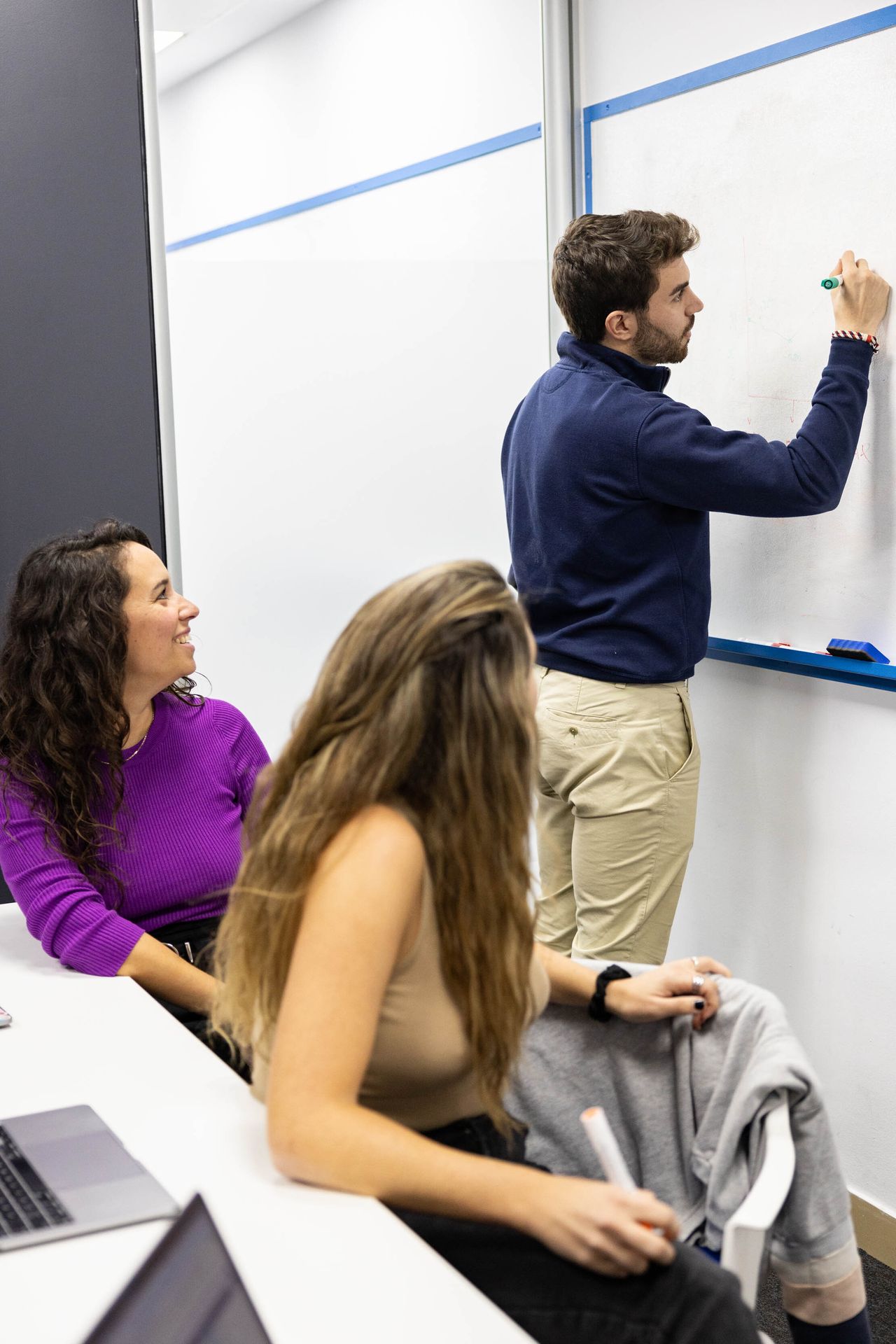
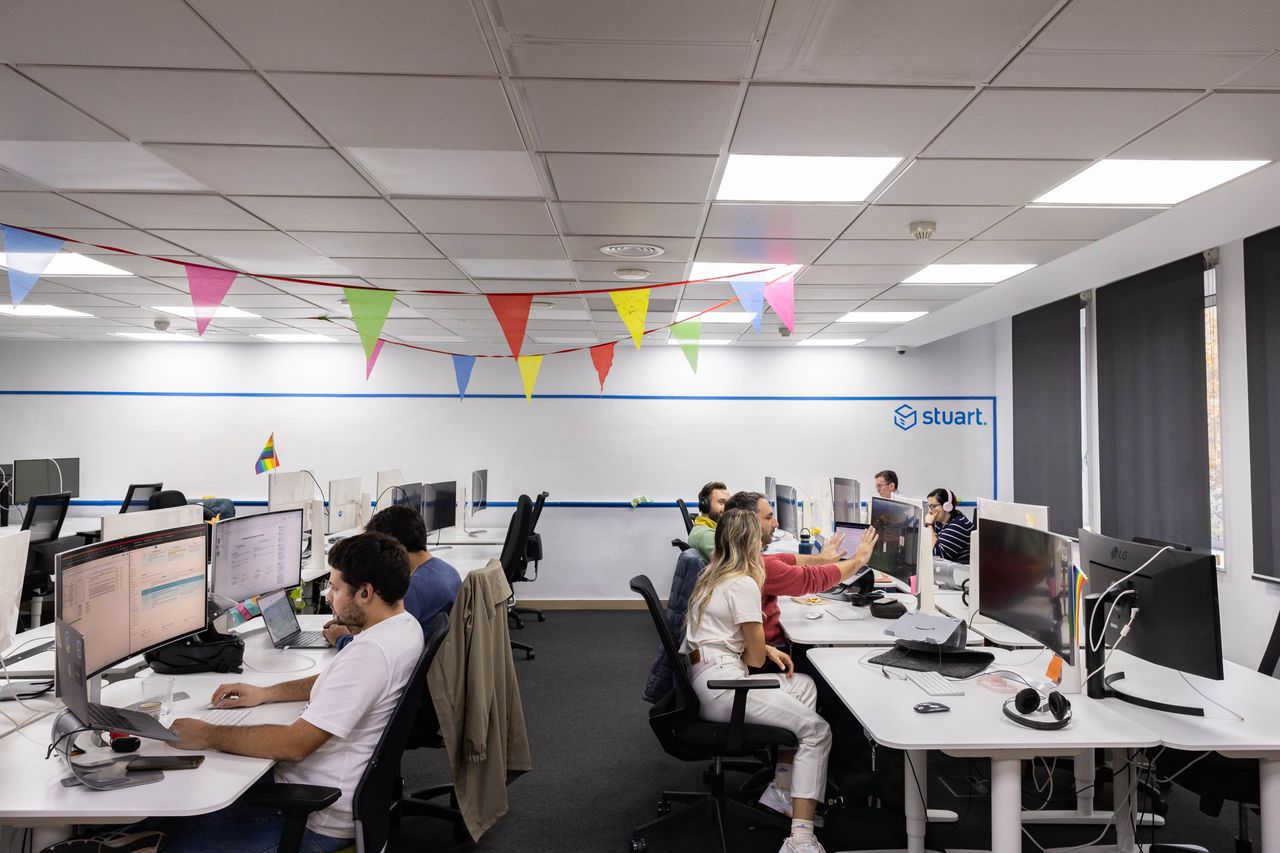
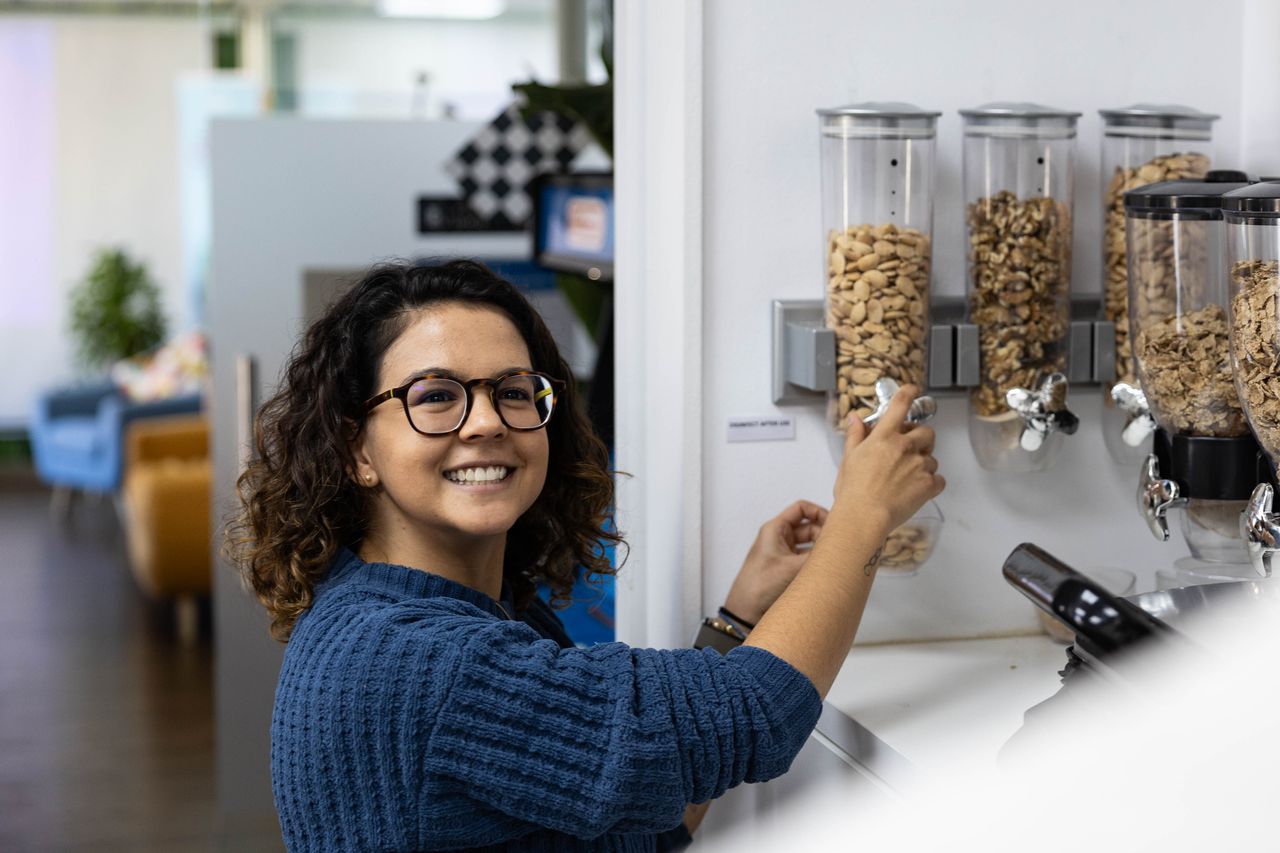
Offices that inspire
We are 240+ people working together across 5 offices in vibrant cities all over Europe and, of course, remotely. Find a scene that energises your career and life and join us in:
- France: Paris, Lyon
- Poland: Warszawa
- Spain: Barcelona
- UK: London
